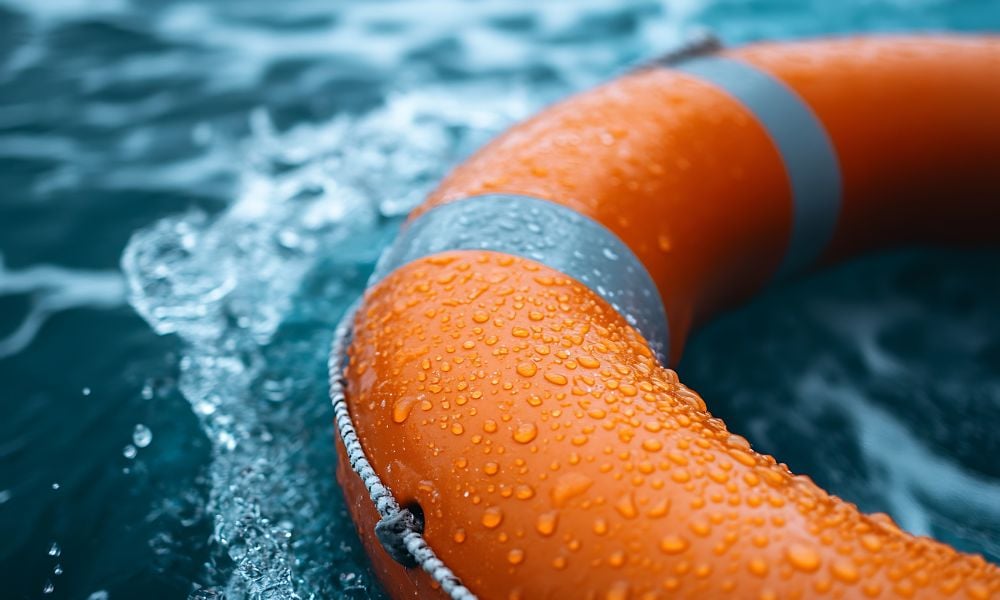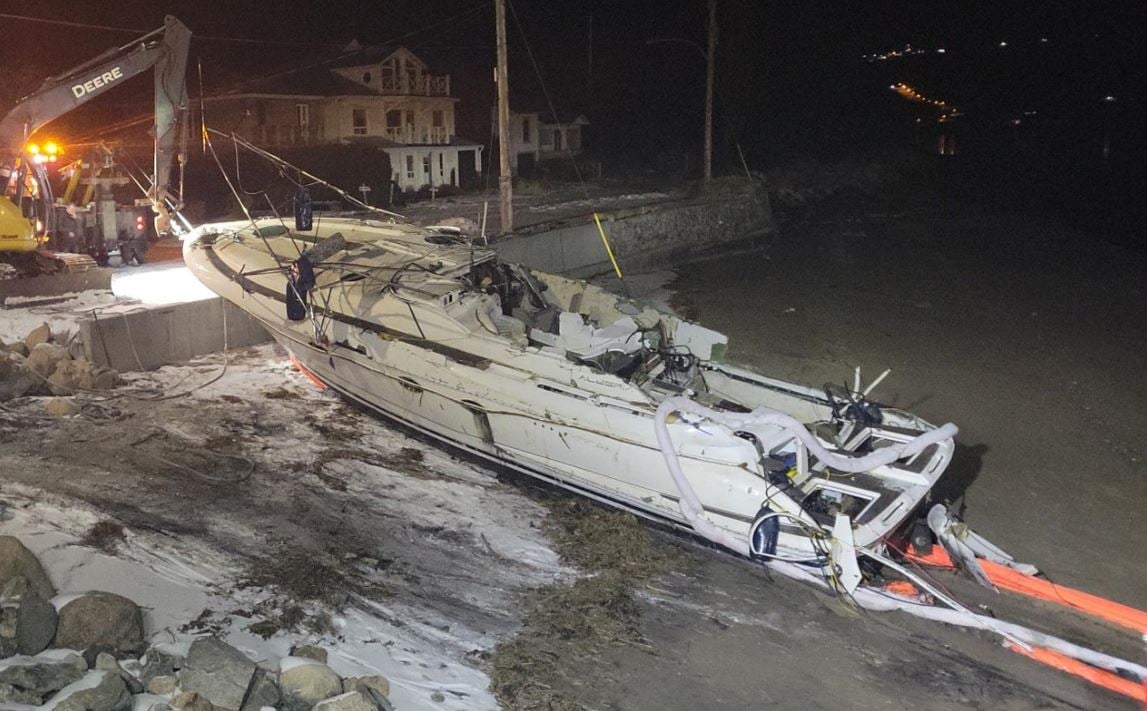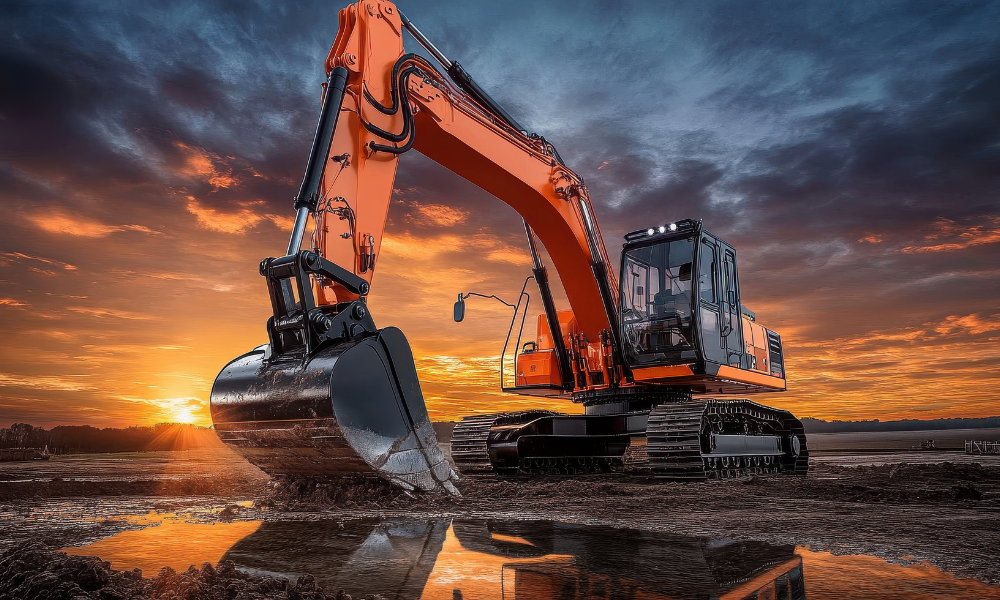I had the pleasure of reading Jim Collins’s book, From Good to Great, prior to seeing him speak at a conference. It examines his concept of “level 5 leadership,” which was coined during his research of what makes a really great company. He researched over 1,400 companies and found 11 that are truly great, and they were headed by what he called “level 5 leaders.”
He found that level 5 leaders possessed qualities such as:
· Humility, not seeking success for their own glory, rather, success is necessary so the team and organization can thrive
· Sharing credit for success
· First to accept blame for mistakes
· Often shy, but fearless when it comes to making decisions, especially ones that most other people consider risky
Some of the qualities found in the other four levels of leadership are:
· Level 1: Highly capable individual - you make high quality contributions with your work. You possess useful levels of knowledge and you have the talent and skills needed to do a good job.
· Level 2: Contributing team member - you use your knowledge and skills to help your team succeed. You work effectively, productively and successfully with other people in your group.
· Level 3: Competent manager - Here, you're able to organize a group effectively to achieve specific goals and objectives.
· Level 4: Effective leader - is the category that most top leaders fall into. Here, you're able to galvanize a department or organization to meet performance objectives and achieve a vision.
So how do I become a level 5 leader and will it make a difference in my effectiveness in the organization? It takes time and effort, and yes it does make a difference. It is important to realize that you don't have to progress through each level in order to get to level 5. But you do need the capabilities found in each level in order to achieve level 5 status.
Here are some strategies that will help you grow emotionally and professionally, so you can develop the qualities of a level 5 leader:
· Develop humility. Level 5 leaders are humble people. Learn why humility is important, and make sure that you understand, at a deep, emotional level, why arrogance is so destructive. Then ensure that you behave in a humble way – for example, whenever your team has success, make sure that credit goes to them for their hard work. Conversely, as a leader, you're responsible for your team's efforts, even when things go wrong.
· Ask for help. Level 5 leaders are sometimes mistakenly thought of as weak, because they ask for help when they need it, but really it is a genuine strength. It lets you call upon the expertise of someone stronger in an area than you are, and as a result, the entire team or organization wins — not just you.
· Take responsibility. A top attribute of level 5 leaders is taking responsibility for your team's mistakes or failings. Make sure that you take responsibility for your (and your team's) actions.
· Develop discipline. Level 5 leaders are incredibly disciplined in their work. When they're sure of a course of action, no matter how difficult it is, they stick to their resolve. This is a true quality necessary to success as a safety person. When you know in your heart that you're right, then don't let naysayers dissuade you from a course of action. It's always important to listen to differing opinions, of course, but don't let fear be your driving motivator when you make, or change, a decision.
· Find the right people. Level 5 leaders depend on the people around them.
· Lead with passion. Level 5 leaders are passionate about what they do, and they're not afraid to show it. When you demonstrate to your team members that you love and believe in what you're doing, they will too.
What are some of the leadership qualities you have found key in the safety and health profession?






